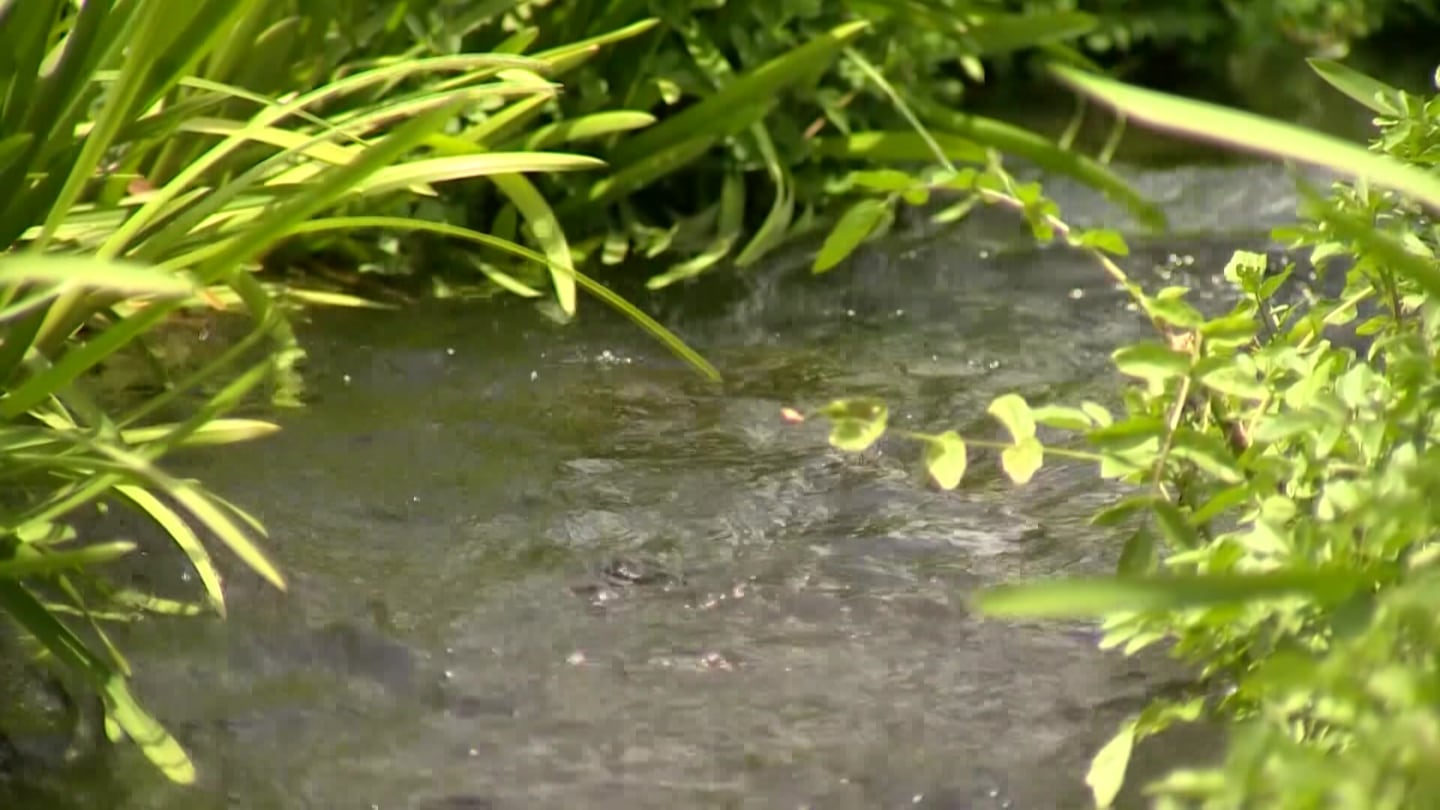More than 1000 delegates are expected to hear from 100 keynote speakers about how to best manage water reforms and infrastructure this week in Wellington.
The Water NZ Conference and Expo began on Tuesday in the midst of a number of issues across the country related to underinvestment in water infrastructure or the effects of climate change will have into the future.
Troy Brockbank, is a board member of Water NZ. He told teaonews.co.nz the need for more investment into critical water infrastructure had been particularly highlighted in recent months, across the country.
“If you look at our taiao, our wastewater treatment plants and our discharges at the moment, if you look at our source water uptake and our drinking water and look at what’s happening down in Queenstown and what’s happened earlier in the year in Clutha as well with the aluminium found in the water treatment there, stormwater is under-invested significantly. It’s well needed and it is time for change.”
Among the keynote speakers are industry experts, government agency representatives, iwi leaders and environmental advocates. Brockbank says as well as climate change mitigation and infrastructure a key theme will be the uncertainty over water reforms following the elections, with National promising to overhaul the changes made by the Labour government.
“It’s quite clear in the 100-day plan that National has they are going to repeal Three Waters. But what does that actually mean? What does that look like? It’s really uncertain at this stage.
“And we need that certainty. A lot of our hapori are suffering. They don’t have access to fresh drinking water, safe drinking water affordable water as well.”
Progress was being made, Brockbank said but not fast enough particularly in the view of iwi and mana whenua.
“There aren’t a lot of great case studies around the country, and I think as a water industry we’re still continuing in the journey to grow the capability but also in how we engage with tangata whenua, how we engage with the hapori and our communities in implementing Te Mana o te Wai and in particular the six principles and the hierarchy of obligations of Te Mana o te Wai.”




